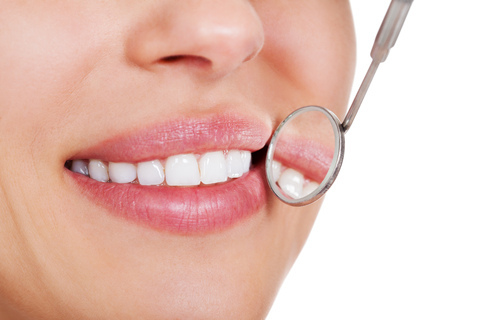Top Five Reasons to Choose Veneers
October 16th, 2018

If you notice every imperfection in your smile and you are aiming for a more ideal-looking smile, veneers might be for you. Veneers are common tools in cosmetic dentistry for improving the look of your teeth. They are thin layers, either made of resin composite or dental porcelain, that go over your teeth. If you are considering dental veneers, these five reasons to choose them may help persuade you.
1. They hide imperfections.
The basis of cosmetic dentistry is providing an attractive smile, and veneers are designed to hide imperfections such as chipped, uneven, or badly aligned teeth. With veneers, teeth are even and uniformly colored.
2. They are durable.
Dental veneers can last for a decade to up to 30 years, so you do not need to continually go back to our Beaverton, OR office to replace them. On average, veneers last longer than standard fillings.
3. You can get the process done quickly.
Often, you can get a full set of dental veneers in a three visits and within a few weeks. The first appointment is a consultation to evaluate your teeth and plan your treatment. At the next visit, Dr. David Barney and our team prepare your teeth for veneers and take an impression of your teeth so the laboratory can custom-make your veneers. During the final visit, we bond the new veneers to the surfaces of your teeth.
4. They can whiten the appearance of your teeth.
Coffee, smoking, excessive fluoride, and certain drugs can yellow your teeth over time. Dental veneers can be colored to have a bright white appearance so your teeth appear noticeably whiter. This can be especially beneficial for individuals whose teeth are naturally off-white and do not respond well to bleach-based whitening treatments.
5. They can fix minor dental problems.
Dental veneers are not solely cosmetic. They can improve a variety of dental concerns, such as teeth with uneven spaces. They can hide the appearance of chipped and broken teeth, and make more even teeth that are worn down, spaced unevenly, or shaped irregularly. Since Dr. David Barney can manufacture the veneers to match your natural tooth color, these thin layers are more attractive than unsightly fixes such as metal fillings.




 Website Powered by Sesame 24-7™
Website Powered by Sesame 24-7™